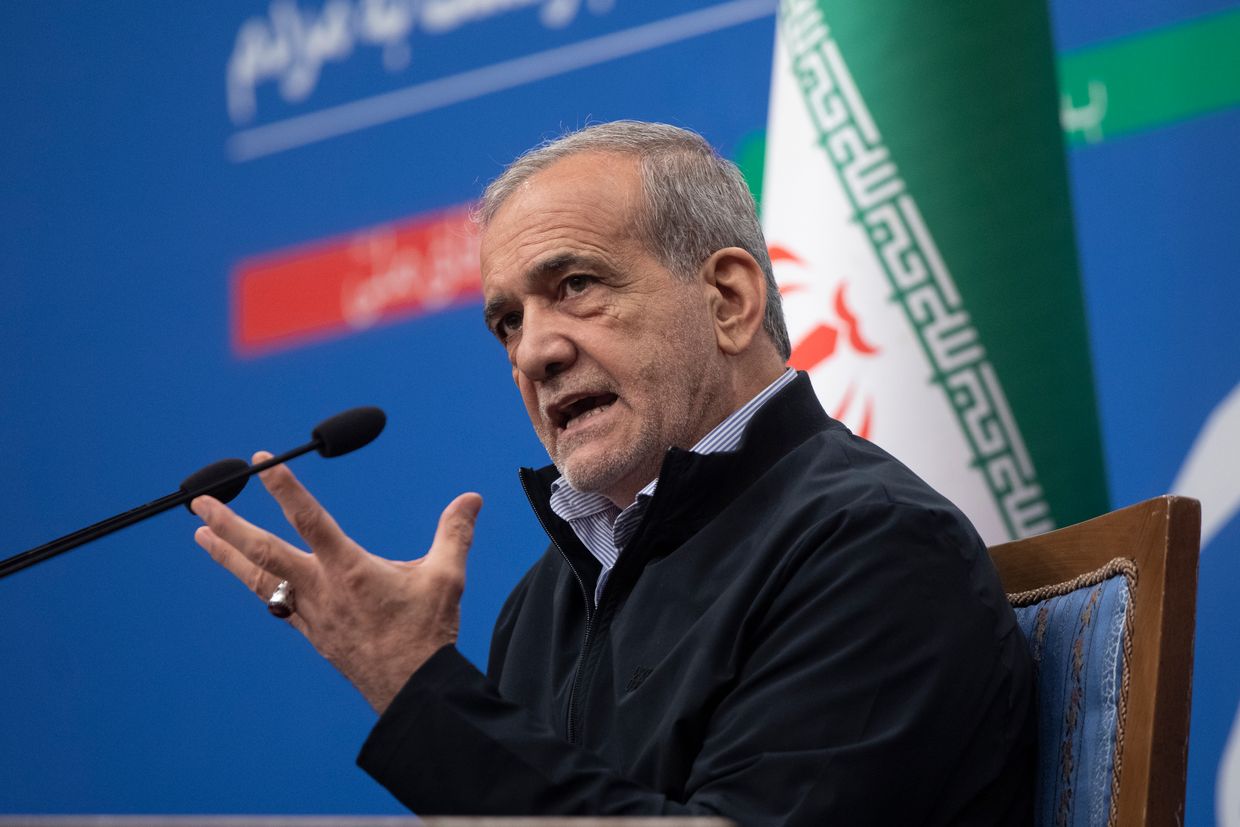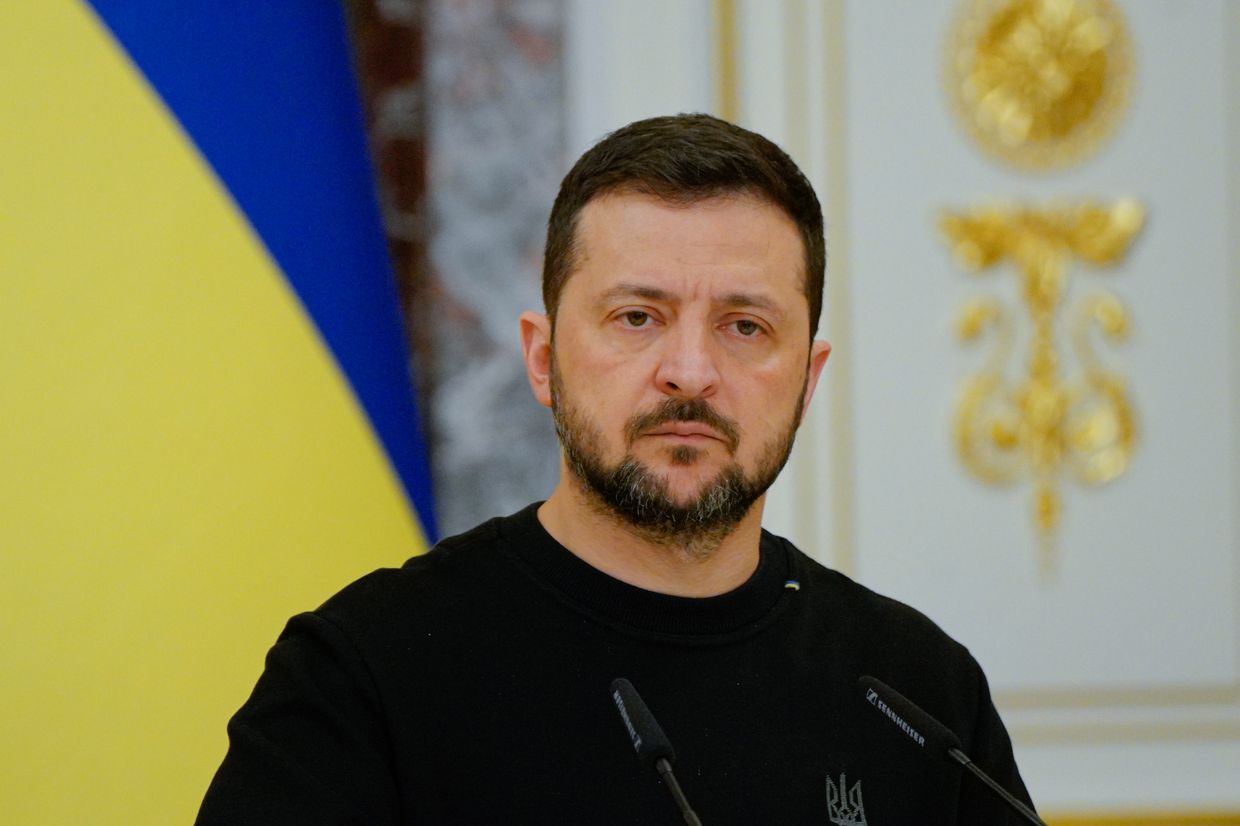Polarization Through Echo Chambers
Disinformation thrives in online spaces where algorithms feed individuals content that aligns with their existing beliefs. This creates echo chambers, isolating people from alternative perspectives. Within families, this phenomenon can lead to stark ideological divides.
For example, during the COVID-19 pandemic, Russian-backed campaigns amplified vaccine misinformation. Families found themselves at odds when some members trusted public health guidance while others were swayed by conspiracy theories. Disagreements over these narratives often escalated, creating friction and alienation.
Emotional Manipulation: Weaponizing Fear and Anger
Propaganda excels at exploiting emotions. By tapping into fear, anger, or distrust, it magnifies existing grievances. Russian disinformation often frames issues—such as immigration or national security—in “us versus them” terms, deepening rifts.
In families, these emotional narratives can lead to heated conflicts. A relative influenced by anti-immigrant propaganda, for instance, might clash with others who hold more inclusive views, turning ideological disagreements into personal attacks.
Undermining Trust in Institutions
One hallmark of Russian propaganda is its systematic effort to erode trust in democratic institutions, science, and mainstream media. When a family member begins to doubt these sources, they may gravitate toward fringe narratives, often shared via social media.
This loss of trust can create conflict. A parent who doubts election integrity—a frequent target of disinformation—might find themselves at odds with their children, who view these claims as baseless. Such disagreements can weaken family bonds over time.
Exploiting Identity Politics
Disinformation also capitalizes on identity politics, amplifying divisions based on culture, ethnicity, or generational differences. Propaganda often portrays these issues in binary terms, leaving little room for nuance or understanding.
For instance, older family members consuming traditional media might interpret events differently from younger relatives exposed to social media narratives. These generational divides, exacerbated by propaganda, can strain relationships and make meaningful dialogue more difficult.
Social Media as a Catalyst
Social media platforms amplify disinformation, making it a central tool for propaganda campaigns. Algorithms prioritize sensational content, encouraging the spread of polarizing narratives.
This dynamic frequently plays out in families, where a shared meme or video can spark intense debates. For example, a relative might share a post promoting Russian-backed misinformation about the war in Ukraine, prompting clashes over its accuracy and intent.
Conflation of Beliefs and Identity
Propaganda often blurs the line between political views and personal identity, making disagreements feel like personal betrayals. Narratives crafted by state actors encourage individuals to see opposing viewpoints as morally deficient or even dangerous.
This can cause estrangement within families. A child’s progressive activism, for example, might be dismissed by a parent as “a product of foreign interference,” undermining mutual respect and understanding.
Isolation and Alienation
As individuals become entrenched in disinformation, they may isolate themselves from family members who challenge their beliefs. This isolation not only damages relationships but also leaves them more vulnerable to further manipulation.
Radicalization through conspiracy theories, such as those promoted by Russian-backed groups, often results in individuals cutting ties with loved ones. The resulting loneliness further entrenches them in echo chambers.
Strategies to Counteract the Impact
While the effects of disinformation are pervasive, they are not irreversible. Here are steps families can take to address and mitigate its impact:
- Foster Open Communication: Create a space for respectful dialogue. Avoid ridicule or dismissiveness, as it can push individuals further into their beliefs.
- Promote Media Literacy: Share tools and resources for verifying information, such as fact-checking websites and reverse image searches.
- Focus on Common Ground: Emphasize shared values and interests to reduce ideological divides.
- Limit Social Media Exposure: Encourage family members to spend less time on platforms that amplify disinformation.
- Engage with Empathy: Acknowledge the emotions driving their beliefs, as this can help bridge gaps and foster understanding.
Conclusion
Disinformation and propaganda have moved from being abstract geopolitical tools to forces that shape the most personal aspects of our lives. By exploiting emotional vulnerabilities, identity politics, and trust in institutions, they erode the very relationships that hold families together. However, through empathy, education, and open dialogue, it is possible to rebuild these connections and resist the corrosive effects of propaganda. Recognizing the problem is the first step toward healing and resilience.















